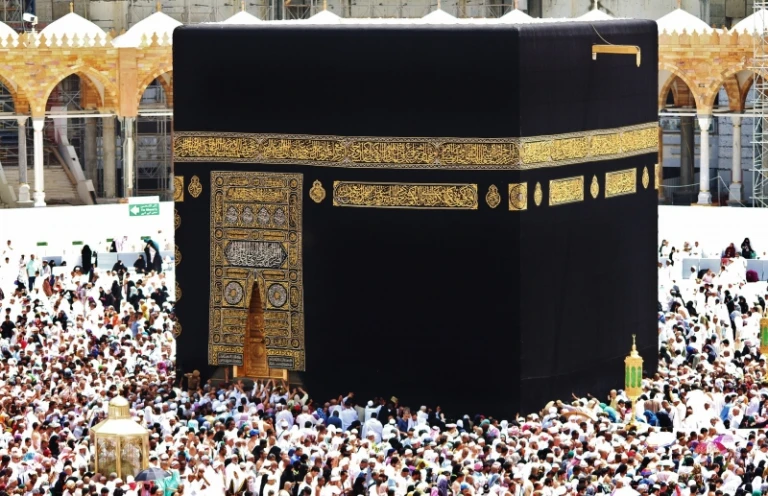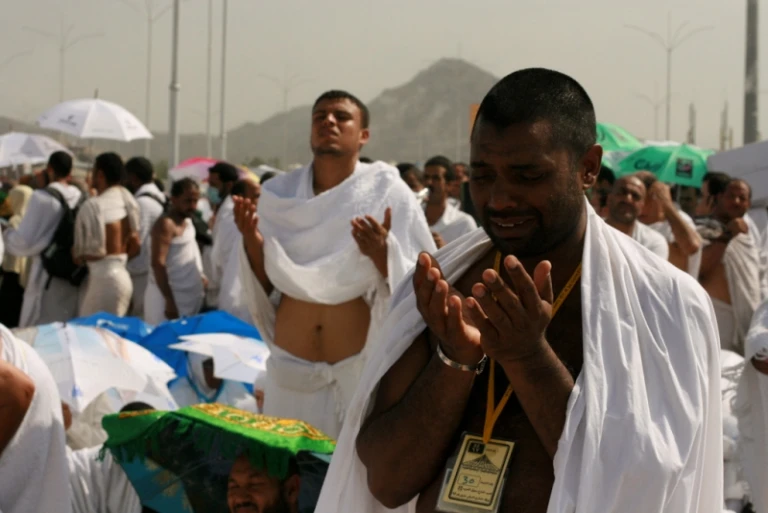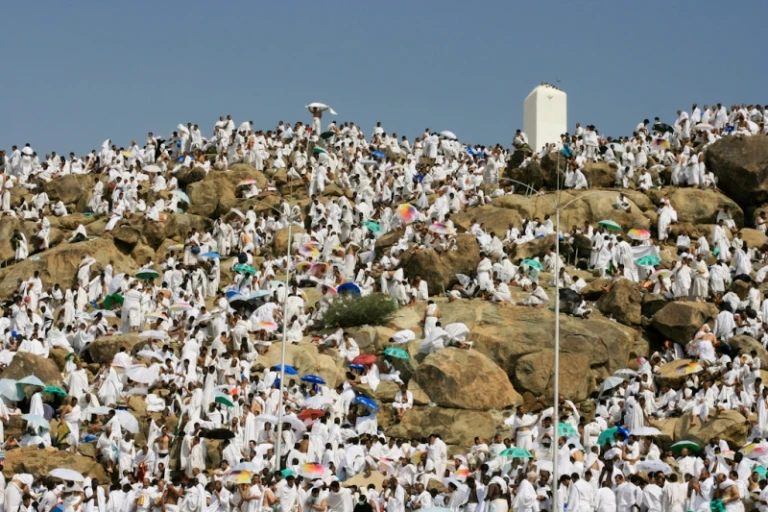Besides mountains, Sabah has so much to offer its visitors from vast clear blue waters to rare native wildlife. You will never be bored when you visit this hidden gem of Malaysia.
What Is Hajj and Why Is It Important to Muslims?

“And proclaim that the people shall observe Hajj pilgrimage. They will come to you walking or riding on various exhausted (means of transportation). They will come from the farthest locations.” [Quran 22:27]
Hajj is the annual Islamic pilgrimage to Mecca, Saudi Arabia that Muslims embark on in the month of Dzulhijjah. Hajj literally translates to heading to a place for the sake of visiting. In Islam, Hajj is the pilgrimage where Muslims visit the Kaaba also known as the House of God in Mecca. It’s performed over five or six days which usually is on the eight and the thirteenth day of Dzulhijjah. For 2019, Hajj is to begin on August 9.

Many Muslims believe that Hajj re-enacts the actions of Prophet Muhammad PBUH in the 7th century. But others consider this pilgrimage to stretch back thousands of years to the time of Prophet Ibrahim. Nonetheless, this sacred pilgrimage is a journey Muslims embark to cleanse themselves of sin and a journey of self-renewal. Hajj often connotes the outward act of travelling to the Holy Land and the inward act of bringing yourself closer to God.
Is it compulsory for Muslims?
Like reciting the Shahadah, performing Salah, giving Zakat and fasting, it’s one of the five pillars of Islam. All adult Muslims are encouraged to perform Hajj at least once in their lifetime if they are physically and financially capable of undertaking the journey. This state of being both physically and financially capable is named Istita’ah while Muslims who fulfil both conditions are called Mustati.

Besides affording the journey itself, Muslims who embark on Hajj must ensure that their financial capabilities also can support their families during their absence. Unlike the other pillars of Islam, Hajj might be more difficult to fulfil due to its added financial element.
Nevertheless, over 2 million Muslims embark on Hajj annually. Muslims who complete Hajj may add a “Haji” or “Hajjah” to their names for males and females respectively.
What do Muslims do during Hajj?
Though there are a variety of things Muslims perform during Hajj, the most notable acts of worship are Tawaf, walking around the Kaaba counter-clockwise for seven times, and Sa’i, running back and forth between the hills of Safa and Marwa.
Also read: How to Perform Hajj: The Various Stages Step-by-Step

Also, Muslims would be in the state of Ihram which is when Muslim men wear two white sheets of seamless cloth and abstain from certain acts. Besides purity, being in Ihram also symbolizes equality and unity among Muslims as all Muslims are considered equals since there are no visible reminders of wealth and status.
The difference between hajj and umrah
Besides Hajj, Muslims also visit Mecca during other times of the year. Umrah is sometimes known as the “lesser pilgrimage” that Muslims will perform. Unlike Hajj, it doesn’t take place on fixed Islamic dates and is not obligatory. Even though Muslims have embarked on Umrah, Muslims are still expected to perform Hajj at another point of their lives. Umrah is not a substitute for Hajj.
Published at
About Author
Inshirah Majid
Subscribe our Newsletter
Get our weekly tips and travel news!
Recommended Articles
10 Hidden Gems of Sabah, Malaysia 10 Muslim Footballers That Will Inspire You And Your Goals HalalZilla consults the great archives of football to handpick our top Muslim players who’ve ever laced a pair of boots in the big leagues – especially those you didn’t know were Muslim!
10 Muslim-Friendly Islands in Indonesia Many travellers have either been to Bali and Lombok, or are planning a trip there – they are the most popular tourist destinations for Muslim and non-Muslim alike. . While these islands are tourist-friendly and especially Muslim-friendly, there are many other islands in Indonesia that are just as beautiful and have lots to offer. Check […]
12 Culture Shocks You’ll Experience During Umrah Welcome to the land of blessings & calmness ~
2019 Emirates FA Cup Final Winners Will Celebrate With Non-Alcoholic Champagne Regardless of the team you support, it’s heartening to know that the winners will be offered non-alcoholic champagne to cater to those who don’t drink.
Latest Articles
KFC France Now Serving Halal Chicken: 24 Restaurants You Need to Know in 2026 KFC France announced that 24 of its 404 restaurants will serve certified halal chicken starting 21 Jan 2026..
Primark is Officially Coming to Dubai 2026: Opening Dates, Locations And Everything We Know 3 new stores in Dubai Mall, Mall of the Emirates and City Centre Mirdif
Muslim-Friendly Hotels in Singapore: Comfortable, Strategic, and Complete Facilities for Muslim Travelers Singapore offers many Muslim-friendly facilities, making it a comfortable destination for Muslim travelers from around the world
13 Best Hotels Near Bukit Jalil National Stadium for the Ultimate Concert Experience Planning a trip to Kuala Lumpur for your favorite idol's concert? Stay Here!
5D4N Muslim-Friendly Hong Kong & Macau Itinerary: A First-Timer’s Guide Here is a tried-and-tested 5 Days 4 Nights itinerary for your first Muslim-friendly trip!

